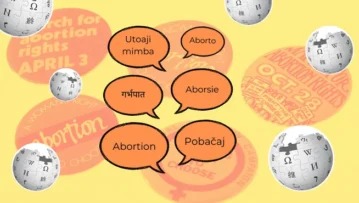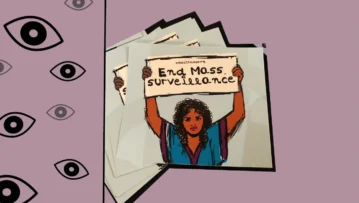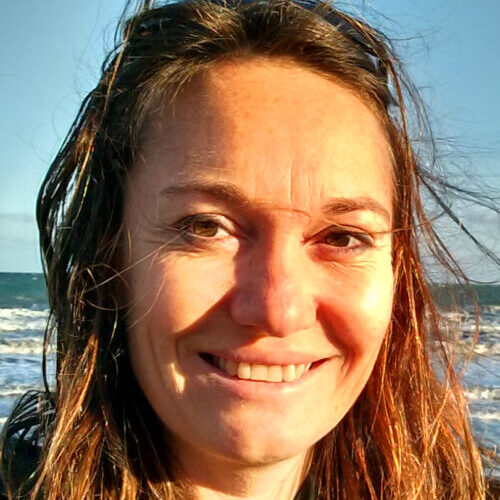 What are some of the ways that different marginalized communities have used to build and share community knowledges online? How can participatory and collective processes make our knowledge visible and empowering?
What are some of the ways that different marginalized communities have used to build and share community knowledges online? How can participatory and collective processes make our knowledge visible and empowering?
“Transformative Practices for Building Community Knowledges” is Part 2 in the “Our Stories, Our Knowledges” Resource Series.
This guide shares a set of practices and tools that marginalized communities working in different contexts have found useful for creating, growing, and sharing their community’s knowledge online. You will learn how storytelling, oral histories and community archives, art, knowledge-mapping, editing on Wikipedia, community organizing, and just being in community have been transformative practices in our communities. It’s written by members of Native American communities of the Kumeyaay and Shoshone, Dalit feminist communities from India and the diaspora, LGBTIQA communities from Bosnia Herzegovina, and Whose Knowledge? allies, and adaptable for other uses.
Adding to these crucial practices for knowledge creation and preservation, this resource also reminds us of an important but often undervalued concept – care. From self-care to collective care practices, we see care as a foundation to change and transformation. Our very existence in this world is already an act of defiance and resistance, so who we are and what we do can’t be separated. Taking care of ourselves and communities is essential.
By documenting our practices to collectively write this resource, we hope that other marginalized communities – including women, people of color, LGBTQIA communities, indigenous peoples and others from the global South – will use these ideas as inspiration. Our intent is to encourage the next generation of knowledge-makers to experiment, adapt and further these practices within their own communities. Whether you’re a member of a marginalized community, or an ally, these resources are here to support you in centering knowledge from the margins.
Learn more about this resource series by reading our post about Part 1: Decolonizing Our Stories and Knowledges, and check back soon for:
- Part 3: Adding Our Knowledge to Wikipedia, where we share what we’ve done and learned from our work on the online encyclopedia
- Part 4: How to Ally and Be a Good Guest, with tips and suggestions specifically for allies





